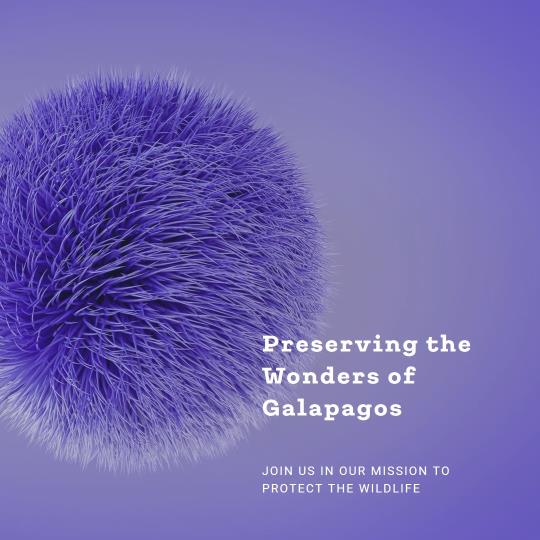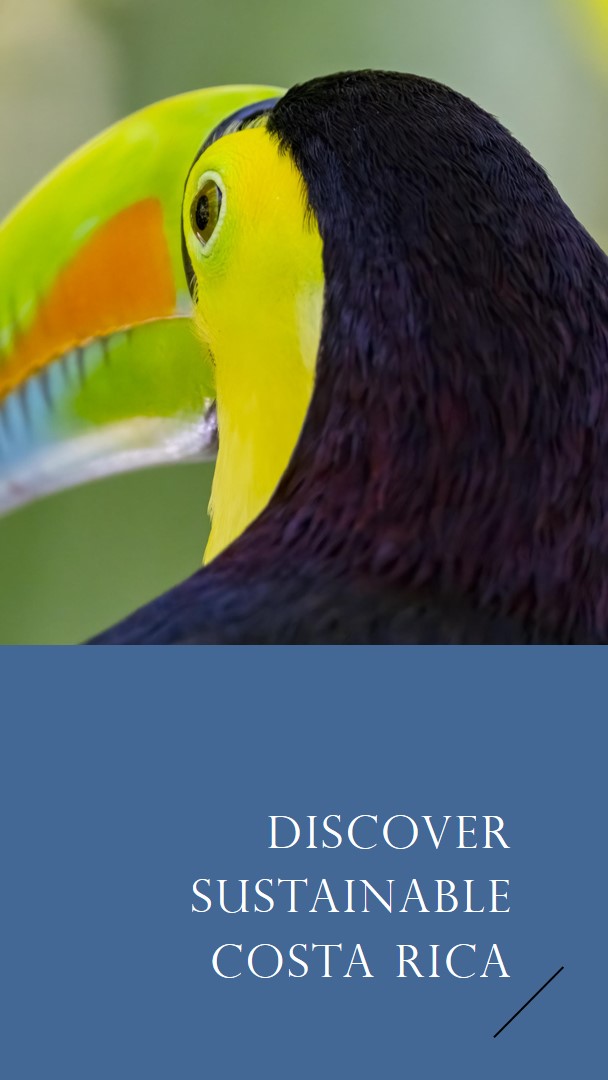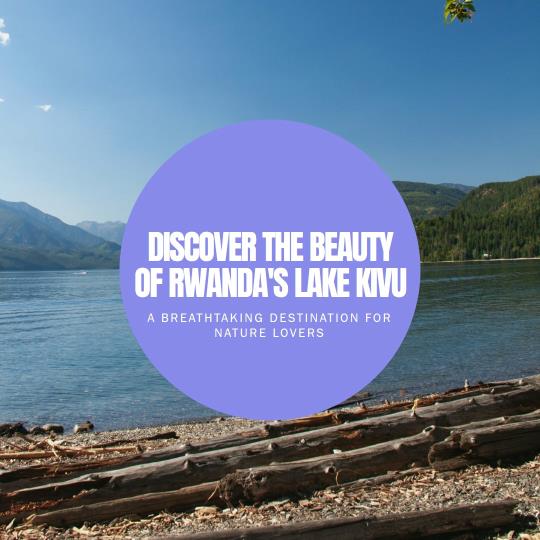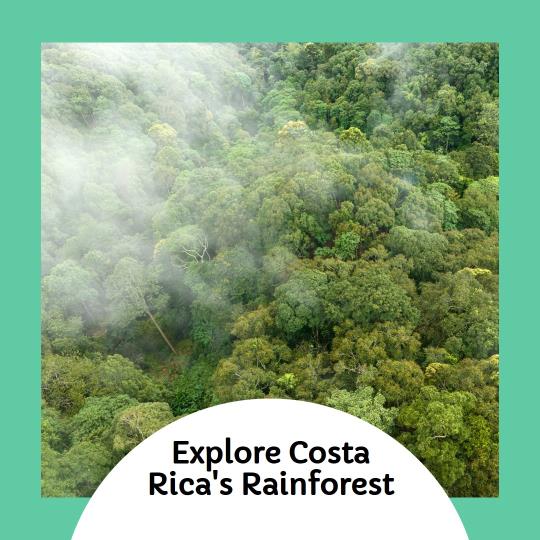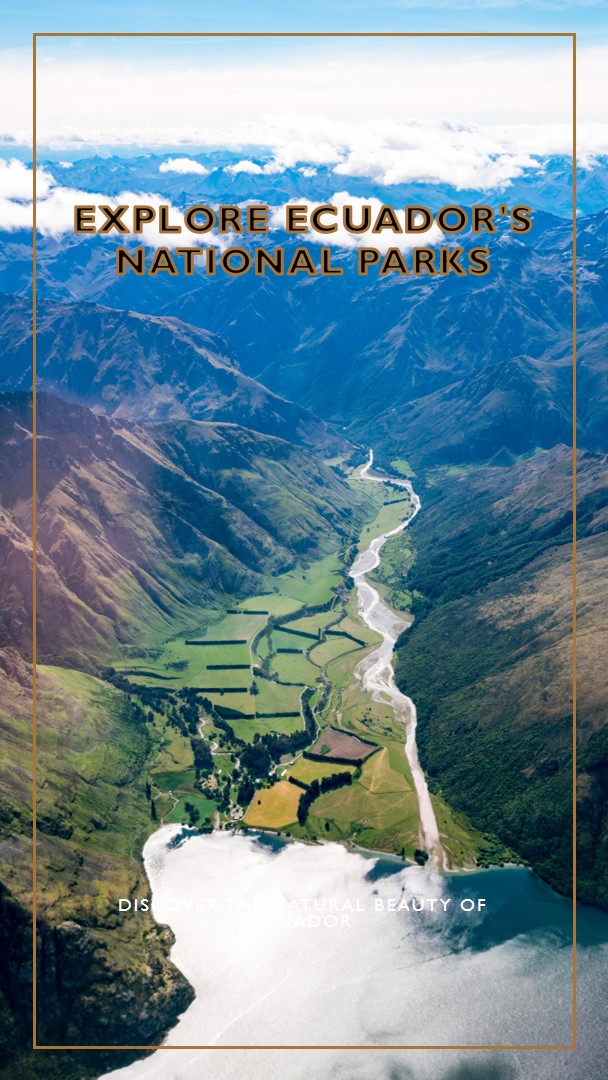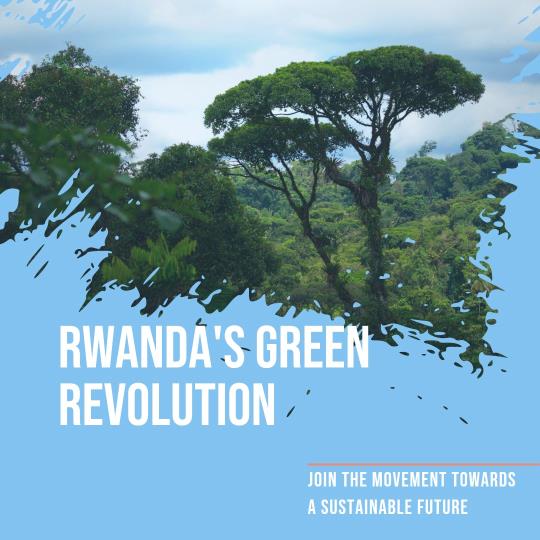Exploring Rwanda’s Cultural Sustainability
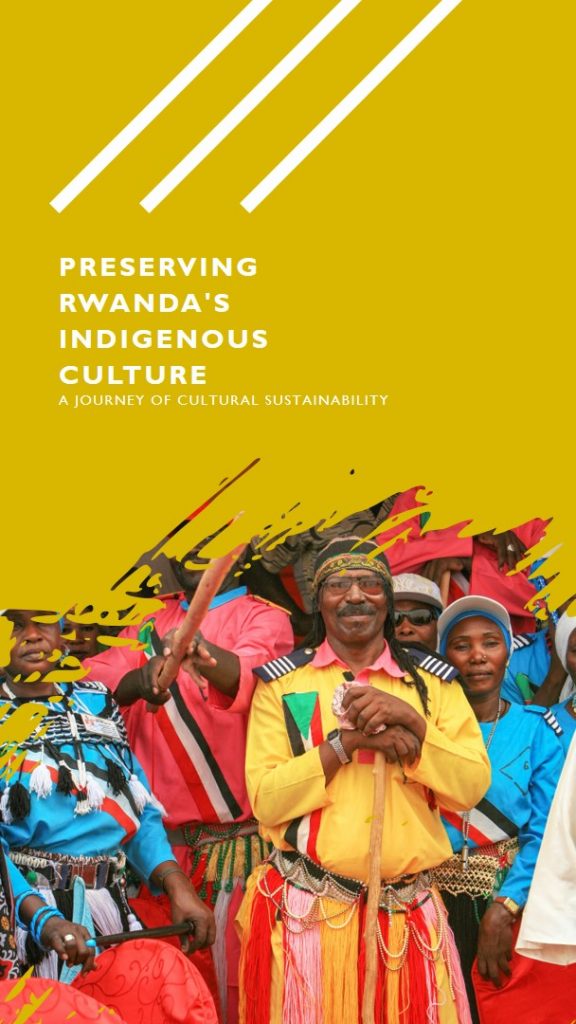
🌍 Engaging with Indigenous Communities 🇷🇼
Nestled in the heart of Africa, Rwanda is a nation celebrated for its stunning landscapes, diverse wildlife, and vibrant culture. While many travelers flock to the country’s renowned national parks and lush forests, there’s a hidden gem waiting to be discovered – the rich tapestry of indigenous communities that call Rwanda home. In this travel article, we embark on a journey to explore the cultural sustainability initiatives that allow visitors to engage with Rwanda’s indigenous communities, fostering a deeper understanding and appreciation of their heritage. 🗺️🏞️
🌱 Preserving Traditions: The Essence of Cultural Sustainability
Cultural sustainability, at its core, is about preserving and promoting the unique customs, traditions, and ways of life that have been passed down through generations. In Rwanda, this preservation is a testament to the resilience and determination of its indigenous communities.
🏕️ Embracing Diversity: Rwanda’s Indigenous Communities
Rwanda is home to a diverse range of indigenous communities, each with its own language, traditions, and cultural practices. Some of the prominent groups include the Twa, the Batwa, and the Hutu. To truly engage with cultural sustainability, travelers have the opportunity to interact with these communities and learn about their way of life.
👩🌾 Agriculture and Heritage: The Batwa Experience
Venture into the lush forests of Rwanda, and you’ll have the chance to meet the Batwa people, who have a deep connection to the land. Visitors can participate in agricultural activities alongside Batwa farmers, gaining insights into their traditional farming methods and the importance of sustainable agriculture.
🥁 Rhythms of the Twa: Traditional Music and Dance
For those who appreciate the artistry of music and dance, spending time with the Twa community is a must. Engage in drumming circles, learn traditional dance moves, and be captivated by the soulful melodies of the Twa people. It’s an immersive experience that connects travelers with Rwanda’s ancient rhythms.
🌄 Hutu Heritage: Crafting and Artistry
The Hutu community is renowned for its craftsmanship, and visitors can witness the creation of intricate traditional crafts, from basket weaving to pottery. By engaging with Hutu artisans, travelers not only support their livelihoods but also contribute to the preservation of these age-old skills.
🍲 Savoring Indigenous Cuisine: Tantalize Your Taste Buds
No exploration of a culture is complete without savoring its cuisine. Rwanda’s indigenous communities offer a culinary journey that includes dishes like ‘isombe’ and ‘akabenz,’ showcasing unique flavors and ingredients. Travelers can join cooking classes to learn the secrets of these delectable recipes.
🌿 Conservation and Eco-Tourism: A Sustainable Approach
Cultural sustainability is intertwined with environmental sustainability. Many initiatives that engage with Rwanda’s indigenous communities prioritize eco-tourism and conservation efforts. Travelers can participate in eco-friendly safaris and nature walks, gaining a deeper appreciation for the delicate balance between culture and nature.
👫 Community-Based Tourism: Impactful Engagement
The emphasis on community-based tourism ensures that the benefits of cultural engagement are shared among the indigenous communities. It provides a source of income, education, and empowerment for community members, further reinforcing the sustainability of their traditions.
In recent years, there has been a growing interest in cultural sustainability, which is the practice of protecting and promoting indigenous cultures. This includes their languages, traditions, and knowledge.
One of the best ways to experience cultural sustainability in Rwanda is to engage with the indigenous communities. There are a number of ways to do this, including:
- Visit a traditional village: There are a number of traditional villages in Rwanda where you can learn about the traditional way of life of the indigenous people. You can see their homes, learn about their customs, and even try some of their traditional food.
- Attend a cultural performance: There are a number of cultural performances held throughout Rwanda, where you can see traditional dances, music, and storytelling. These performances are a great way to learn about the culture of the indigenous people and to experience their creativity.
- Take a cooking class: Learn how to make some of Rwanda’s delicious traditional dishes from a local chef. This is a great way to get a taste of the culture and to learn about the ingredients that are used in Rwandan cuisine.
- Visit a craft market: Rwanda is known for its beautiful handicrafts, which are made using traditional techniques. Visit a craft market to buy some souvenirs and to support the local artisans.
- Go on a guided tour: There are a number of tour operators that offer guided tours of Rwanda’s indigenous communities. These tours are a great way to learn about the culture and history of the communities, and to meet the people who live there.
When engaging with Rwanda’s indigenous communities, it is important to be respectful of their culture and traditions. It is also important to be aware of the impact that tourism can have on indigenous communities. Make sure to support local businesses and to avoid activities that could be harmful to the environment or to the community.
🌟 Conclusion: A Journey of Connection and Understanding
Engaging with Rwanda’s indigenous communities offers travelers a unique and transformative experience. It’s a journey that not only fosters cultural sustainability but also creates lasting connections, transcending geographical boundaries and promoting a richer, more inclusive world. So, pack your bags and embark on a voyage to Rwanda, where cultural sustainability thrives, and indigenous communities welcome you with open arms. 🌍🤝🌿

